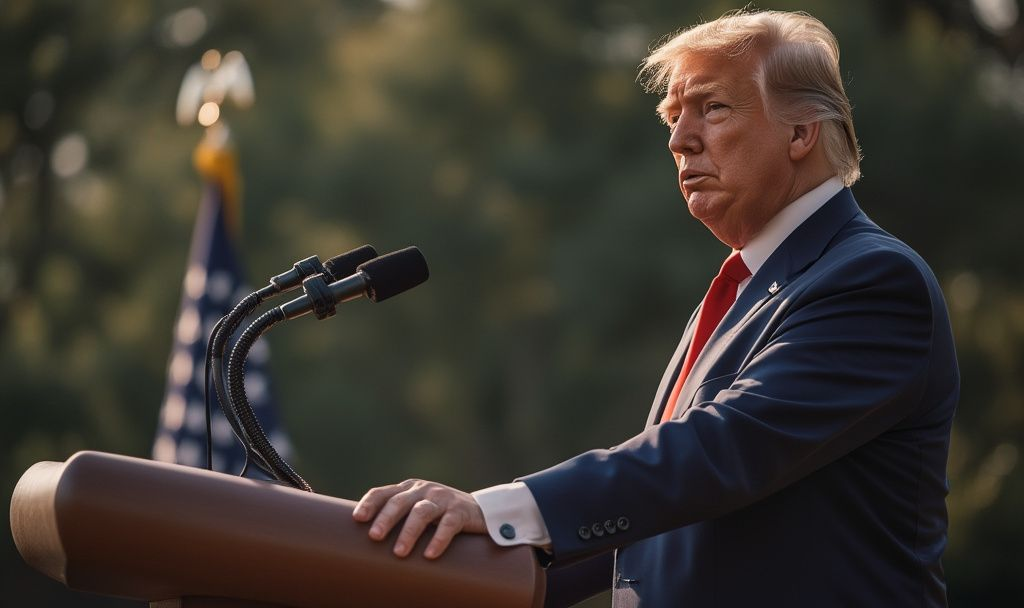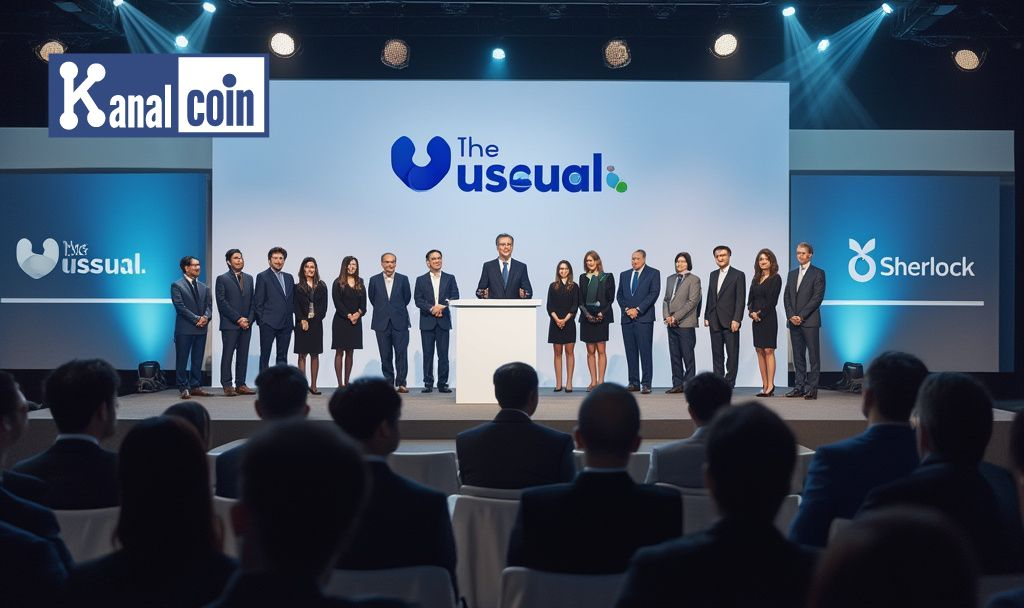
Donald Trump suggested possible tariff relief for car manufacturers during a recent event, sending the stocks of Ford, General Motors, and Stellantis upward on the market.
The potential easing of tariffs could lessen cost burdens for automakers, driving positive market sentiment and influencing shareholder confidence amid shifting trade policies.
Tariff Relief Proposal Sparks Market Uptick
The former president hinted at tariff relief, potentially applicable to major car manufacturers. This statement sparked a positive reaction in the stock market as investors welcomed the possible easing of trade tensions.
Ford, General Motors, and Stellantis are directly impacted by these tariffs. Trump’s remarks point towards a shift in policy, which might alter previously established regulatory frameworks and influence corporate strategies.
Investor Optimism Drives Auto Stocks Higher
Investor optimism surged following Trump’s comments, highlighting the importance of tariff adjustments for industrial sectors. The automotive industry’s market dynamics could be strongly influenced by such political signals.
The potential lifting of tariffs signals regulatory changes that could alter cost structures. Historical data shows such shifts can significantly impact revenue models, shaping strategic decisions within automotive giants.
“Without tariff adjustments, we risk an unlevel playing field and adverse impacts on our competitiveness,” said Jim Farley, CEO of Ford.
Trade Policies Historically Impact Auto Industry
Similar remarks in past global trade negotiations have similarly caused fluctuations in stock prices. Tariff policies have historically played a crucial role in shaping the automotive industry’s economic landscape.
Expert insights from Kanalcoin suggest potential long-term benefits if tariffs are lowered, using historical case studies as benchmarks. They emphasize that momentum in stock markets often reflects broader economic expectations based on government actions.









